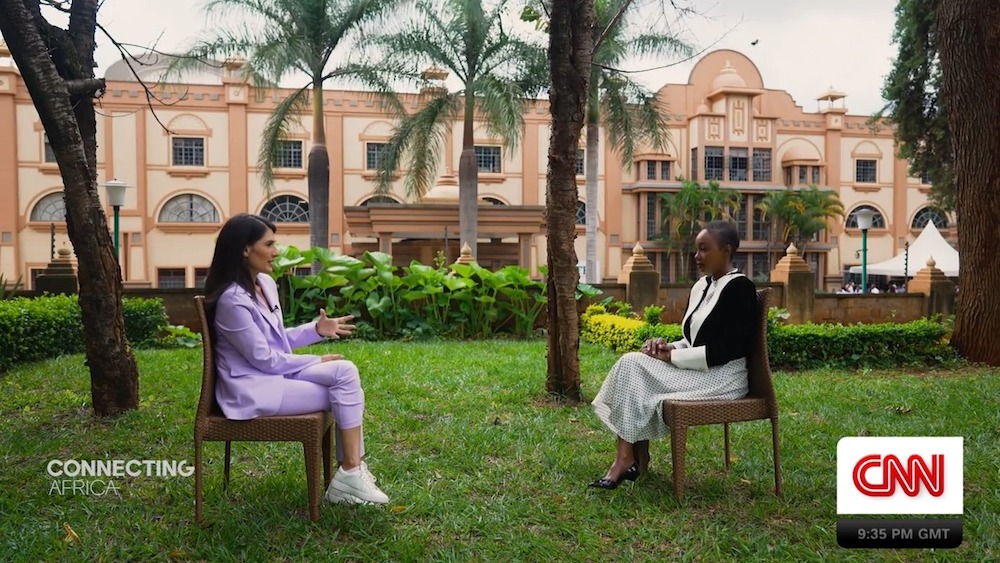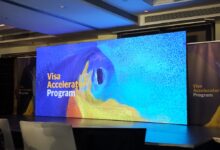CNN’s Connecting Africa explores Nairobi’s role as a technology hub

In the latest episode of Connecting Africa, CNN International’s Eleni Giokos visits Nairobi to see the role technology can play in boosting trade opportunities across the continent.
Known by some as the Silicon Savannah, Nairobi is becoming an increasingly important player in the international tech scene. Giokos meets with Irene Kiwia, co-founder of Adanian Labs, who explains what her company does, “We are a technology company, a pan-African technology company, and what founded us was our mission to activate the tech revolution on the continent by making sure that Africans are active participants in the fourth industrial revolution. We invest in tech startups.”
Kiwia says that Africa has a strong advantage because of the number of talented young people on the continent, “The good thing about Africa, Kenya, and sub-Saharan Africa is that it’s a young continent.” She continues, “Technology allows us to leapfrog things in a way that we are not able to do before. If we look at the African history, we missed the industrial revolution. We’ve missed a couple of things, but for the first time ever, we have a technology revolution, where we are able to create impact and change the status quo of this continent. And the young people are the people who are going to do that.”
Looking to the future, Kiwia talks about the need to digitise small and medium-sized enterprises (SMEs), “Kenya is becoming a hub of tech for the continent. The future is absolutely exciting, we are building the largest tech company on this continent. And by largest, I mean in terms of the impact that we will create across sectors. But also, the fact that our aim is to digitise the SME eco-systems and build a connected Africa, a borderless Africa.”
Next, Giokos sees how trail-blazing technology from Nairobi is helping to alleviate the consequences of climate change in some of the continent’s driest regions. Dr. Guyo Malicha Roba is passionate about data, and he uses it to mitigate the effects of droughts and food shortages across the Horn of Africa. He tells CNN, “Government don’t have enough resources. Neither do they have the right data to act in time. And that time in this question, is still a very big question in that space. The resource question is another question that is up there. So, data and resources are constant issues in this.”
As the head of the Jameel Observatory, Dr. Roba is working on projects to combat drought across Kenya, Ethiopia, and Somalia. He explains how technology has changed the research, “I think technology is very important, especially when you are looking at the forecasting, building scenarios around the weather and weather patterns. I think that is where our colleagues at the University of Edinburgh, which is the leader of the project, are bringing a huge part of the observation, artificial intelligence, the big data and all these things, especially for Somalia, where collecting data and preparing is difficult.”
He continues, “The observatory is sort of like a research project, what to try, what to call, brokering knowledge, science, and connecting different dots to make sure how do we do this thing early enough before the droughts reach emergency.”
This month’s programme also meets tech leaders at GITEX Africa in Morocco and speaks to the CEO of the Botswana Institute for Technology, Research, and Innovation.
Follow us on Telegram, Twitter, and Facebook, or subscribe to our weekly newsletter to ensure you don’t miss out on any future updates. Send tips to editor@techtrendske.co.ke



